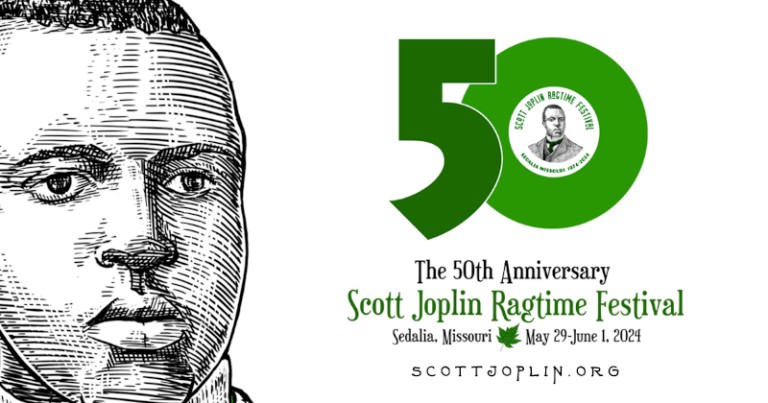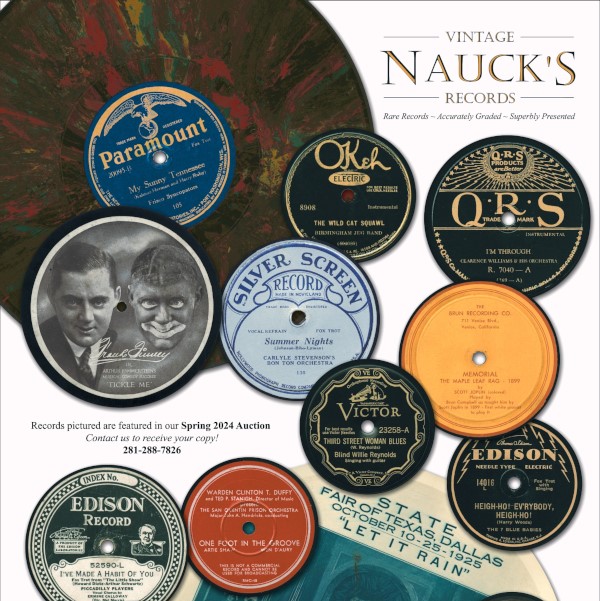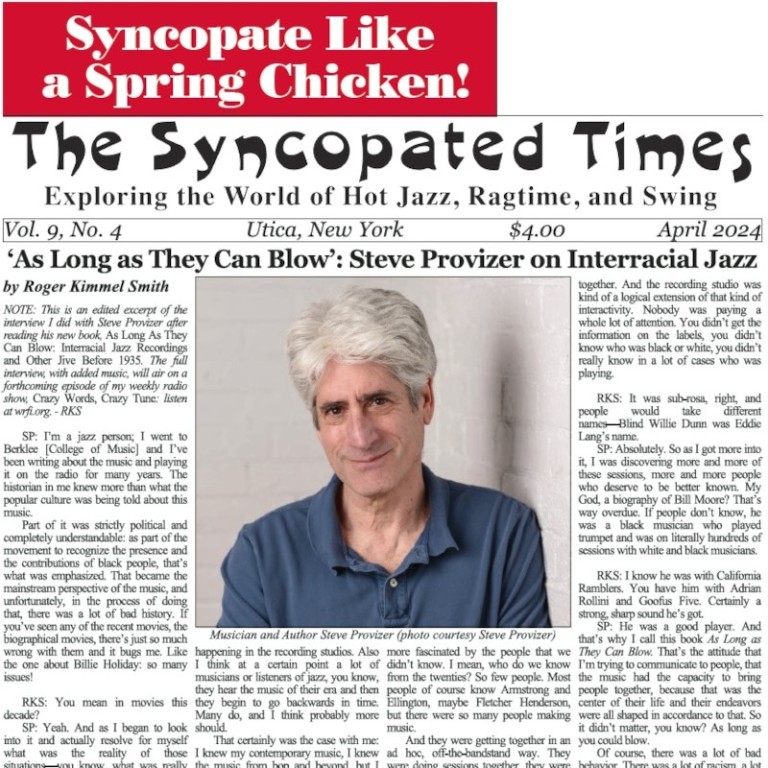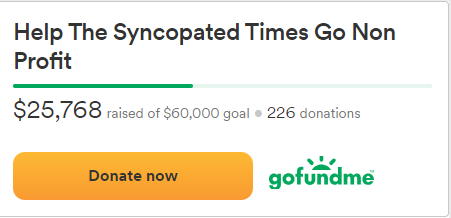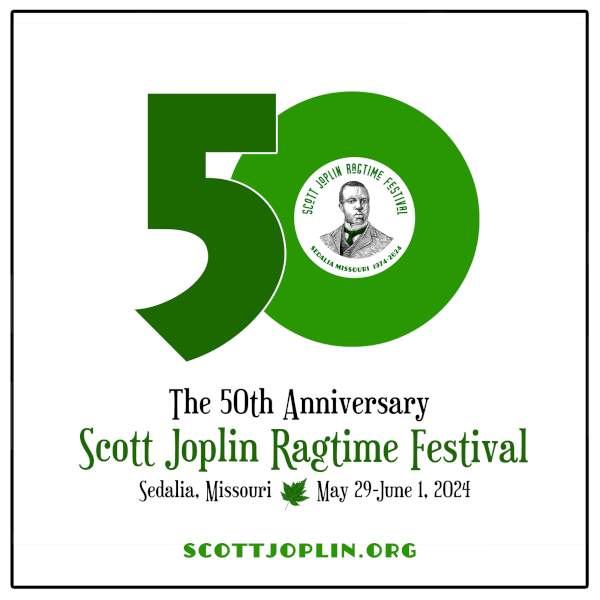In the interval between publishing the previous issue and the current one, a little something called ChatGPT has come into being. It bids fair to put me out of a job—for which I may eventually be grateful. At the moment, I feel a certain amount of dread. I can feel my old Luddism acting up.
There have been Artificial Intelligence programs for years now, generating boilerplate internet prose that some already take to be authoritative. The tone is stilted, but there are mega-reams of AI-generated goo out there. I imagine much of the malware-laden clickbait that lurks on Facebook and other platforms is of that ilk. “Fifty Things You Need to Throw Out Right Away,” etc.
Much of that drivel is too poorly written and too repetitive to be entirely the work of sentient human writers. Until I had the epiphany that it was computer-generated, I found it somewhat infuriating. Now I am only upset that so many take it seriously—and that I, too, have clicked and bit and had my hard disk load up with cookies thereby.
ChatGPT is a whole different virtual animal. It can generate digital blather almost imaginatively—if a machine can be said to possess an imagination. It spews prose that lulls with its perfect reasonableness. It can rumble on in disarmingly boring academic tones. It is engaging and sometimes quite intentionally funny. If you give it a set of characters and perimeters, it will write you a story. And it will write it almost instantaneously—which is much faster than I’m writing this.
Most of you will recall the old Memorex commercial in which Ella Fitzgerald sings into an amplifier and her voice shatters a wine glass. Next, the Memorex cassette of her voice is played back and likewise shatters a glass. Then the announcer says, “Is it real or is it Memorex?”
I’m having a real Memorex moment here. When I read an article online—or receive one submitted to this paper—am I reading something written by a human or a robot? Until now, I have had perfect faith that I have been spending my fading eyesight reading prose written by people. ChatGPT and whatever programs may supplant it shake that faith. Dare I waste my time reading machine-written hooey, however seemingly well-crafted?
I have been bit already. Soon after I was made aware of ChatGPT, I started railing against it on Facebook. I decided, at that point, that AI was beginning to sound like us because we were beginning to sound like AI:
The thought has been percolating for a while that we need to embrace a more Romantic approach to self-expression. (Romantic as in 19th century writers and composers, not Valentine’s Day drivel.) The Artificial Intelligence bots are getting good at mimicking human language—mainly because people today have numbed themselves and narrowed the range of their language to within the limits of “community standards.” The bots sound like people afraid to say what they think lest they offend someone, somewhere, with the vigor of their speech. Social media trains us to think and write and speak like bots and we might as well be bots, for all that. (Though sometimes bots say the most horrendous things in an even, reasonable tone.)
Our physical vitality, our “animality,” if you will, is our salvation as humans. We should be able to detect the pulse of the writer in a piece of prose. We are earthbound, sometimes brilliant, sometimes irrational dying animals. It is time to throw off the invisible chains of social engineering, social conditioning through social media, our domestication, and revel in our sweaty, bawdy, doomed flesh and let that inform what we create. We are ceding our language and our heritage as humans to machines, and we and the machines are imitating each other.
In a similar moment of high dudgeon, I shortly thereafter posted the sentence, “How can you affirm a worm?” John Remmers, an excellent ragtime pianist and subscriber to this paper, responded with the following comment:
One way to affirm a worm is to recognize the important role they play in the ecosystem and to express gratitude for their hard work and dedication. This can be done through words or actions, such as by thanking them for their contribution to soil health or by protecting their habitats. Additionally, providing worms with the conditions they need to thrive, such as moist soil and organic matter, is a way of affirming their value and worth. By valuing worms and treating them with respect, we can affirm their importance and the important role they play in the natural world.
I hesitate to confess that it took me several hours to realize that he had fed my statement into ChatGPT to receive the above response. I think it was the line about “thanking” worms that flipped the switch. He admitted it, and we both had a good laugh over it. But I’m getting scared.
I’m convinced that there is a safe haven in our mere humanity, at least for the time being. Shortly before beginning my layout, I finally sat down to play the records I won from the most recent Nauck auction. Two of the 78s I had acquired were recorded by Seger Ellis in the same session in 1928. The accompanying group featured both Tommy and Jimmy Dorsey, plus Joe Venuti, and Eddie Lang. I confess I was weeping. Real, or Memorex, or shellac, or whatever—the humanity in what I heard moved me.
Those were the sounds of old friends. They were—and are—human. My record player called them back into glorious being in my living room. Say all you will about the marvelous wonders of AI, but the phonograph is the true miracle.

